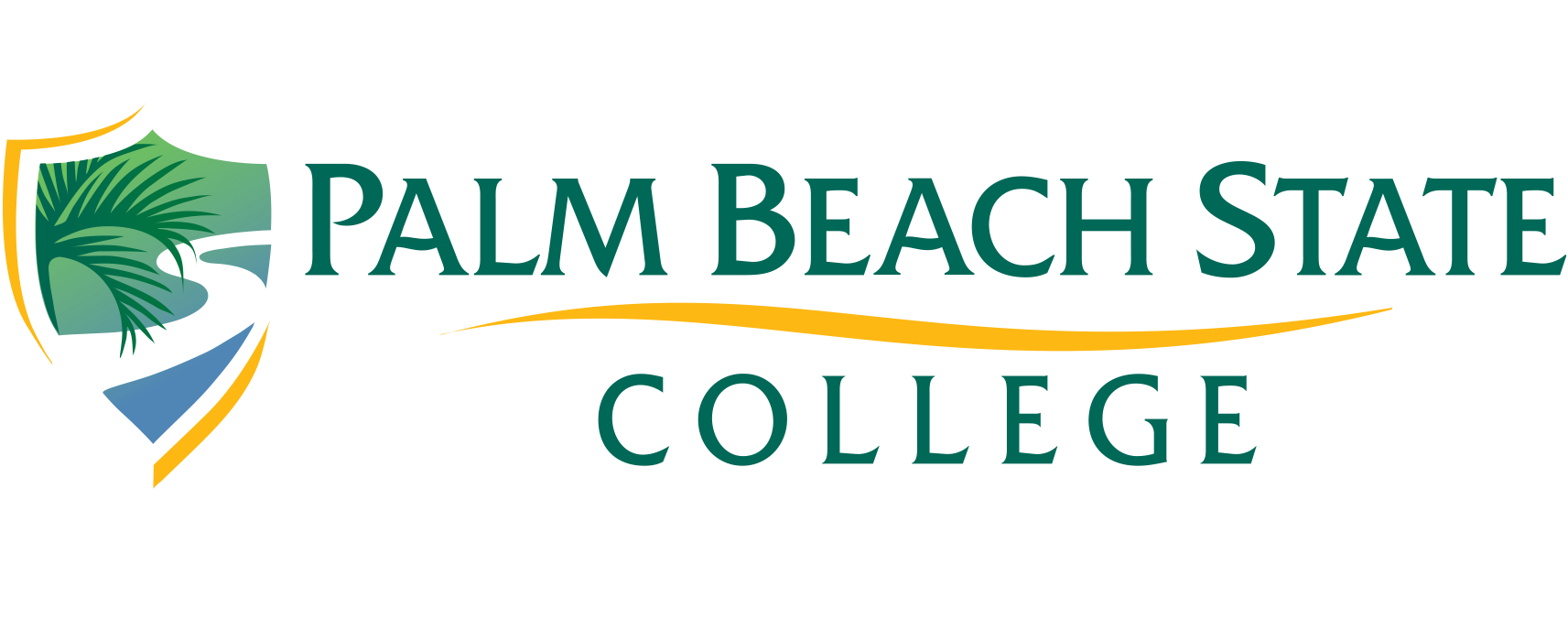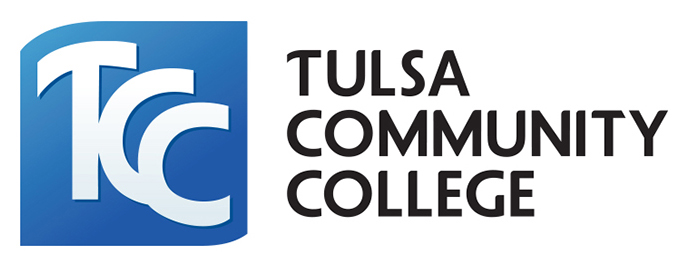Odessa College will leverage its involvement with the collaborative to build on initiatives coordinated by the college’s Global Center in the Institutional Effectiveness office, which supports the development of innovative instructional design and facilitates scaling successful models across the entire college. Odessa College has been an integral part of educating West Texans since 1946. Currently OC offers more than 120 associate and certificate degree programs, including more than 30 occupational/technical programs to meet the needs of citizens who want to learn new or improve existing skills.
Palm Beach State College (PBSC) intends to use knowledge and experience gained through the collaborative’s research to enhance several ongoing initiatives, including the recent expansion of its e-Learning and Instructional Technology team and the implementation of Quality Matters, a faculty-development program. Palm Beach State College was founded in 1933 as Florida’s first public community college.
Already a national leader in teaching and learning innovation, Portland State University intends to leverage its participation in the collaborative to build on existing digital-learning initiatives and efforts to infuse academic-success skill development into its general education University Studies program. Portland State University is Portland, Oregon’s public research university. Its innovative approach combines education with creative problem-solving and collaboration across campus for maximum impact. From its founding to serve veterans home from World War II, it has grown into Oregon’s most diverse urban public research university with 26,000 students and more than 200 degree programs.
Tulsa Community College (TCC) recently trained faculty in online teaching, built an online instruction team in response to COVID-19, and now requires each course to have an online component. TCC intends to leverage its involvement in the collaborative to build on this work to improve online STEM courses and enhance online offerings throughout college programs. TCC has served Tulsa and northeastern Oklahoma since 1970.
As part of the collaborative, Virginia State University (VSU) will investigate use of self-directed learning interventions in its growing online course offerings, especially STEM and introductory biology courses, and build off the success of its STAR Program, which aims to enhance the performance of minority STEM majors enrolled in general biology courses in preparation for possible careers in allied health fields. VSU, an HBCU founded in 1882, is one of Virginia’s two land-grant institutions and is located in the village of Ettrick. With a current student population of approximately 4,000, VSU offers 36 undergraduate degree programs, 16 graduate degree programs, two doctoral degree programs, and eight certificate programs.
Wake Technical Community College will use its participation in the collaborative to build on previous improvements to online instruction, including Project COMPASS, which enhances student engagement in online courses. Wake Tech in Raleigh is North Carolina’s largest community college, serving more than 70,000 adults annually, with six campuses, three training centers, multiple community sites, and a comprehensive array of online learning options. Wake Tech offers more than 200 associate degrees, diplomas, and certificates that prepare students for university transfer or immediate employment. The college also offers short-term, non-degree programs and serves high school students in partnership with Wake County Public Schools.
Supporting Learning and Success in Online Courses: Attending to Learning Skills and Mindsets. We engage with experts from SRI, the Community College Research Center, and participating colleges to learn about framework of learning skills and mindsets that can support student learning and success in online and hybrid courses.
Care and Support in Online STEM Courses: Insights from the Postsecondary Teaching with Technology Collaborative. The Community College Showcase to learn how broad-access institutions can leverage technology and the Collaborative’s framework of motivational, metacognitive, and applied learning approaches to support students in online STEM courses.
In 2020, Macomb Community College combined the college’s academic literacy and writing center and academic content tutoring center under one administrative team, allowing the college to reimagine tutoring services to better meet the needs of our students enrolled in remote, online, hybrid, and in-person courses. This shift—combined with the educational impacts we observed from COVID-19—encouraged us to apply what we had learned in working with students on reading and writing to other disciplines such as math, business, and physics and to develop new ways to support self-regulated learning across disciplines.
Webinar: Early Insights from the Postsecondary Teaching with Technology Collaborative. Achieving the Dream on Friday, October 14th, with experts from SRI, the Community College Research Center, and participating colleges to learn about new approaches to improving student success in online STEM courses. We’ll learn about the role of self-directed learning skills and mindsets and about evidence for why and how self-directed learning works and hear about examples of this strategy in practice.





